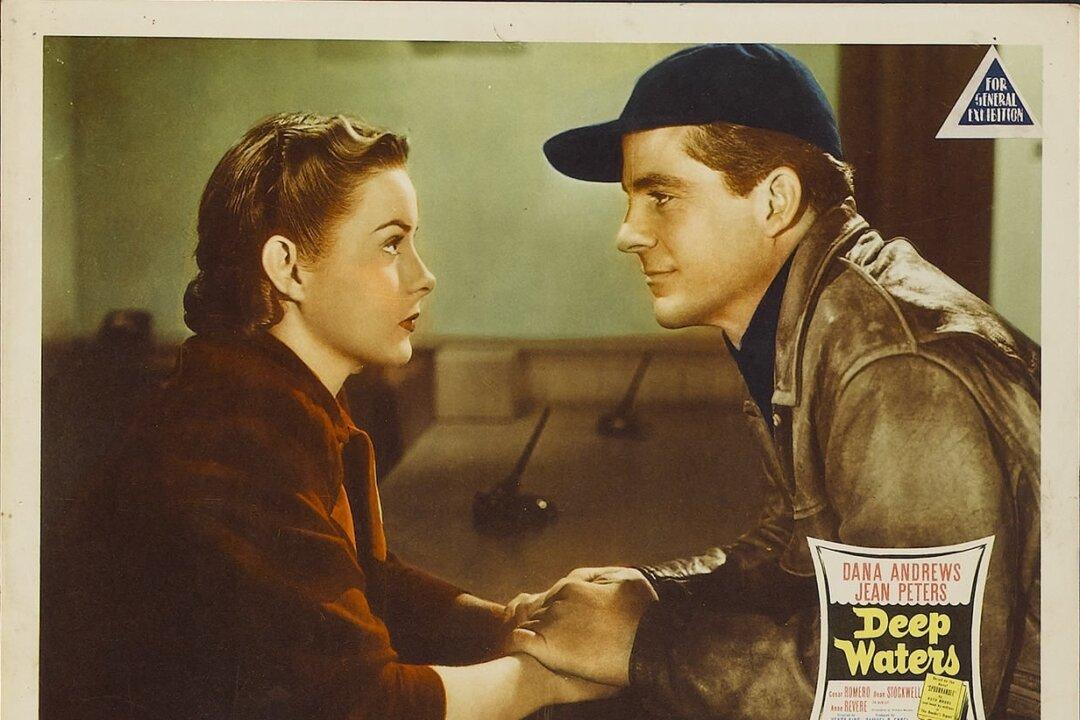NR | 1h 25 min | Drama | 1948
Novelist Ruth Moore often wrote of families whose fates were tied to Maine’s shores: its waters, its boats, its horizons, distant yet beckoning. Fittingly, Henry King’s screen adaptation of Moore’s novel “Spoonhandle” opens with text that reassures audiences that all outdoor shots were filmed in Maine.





